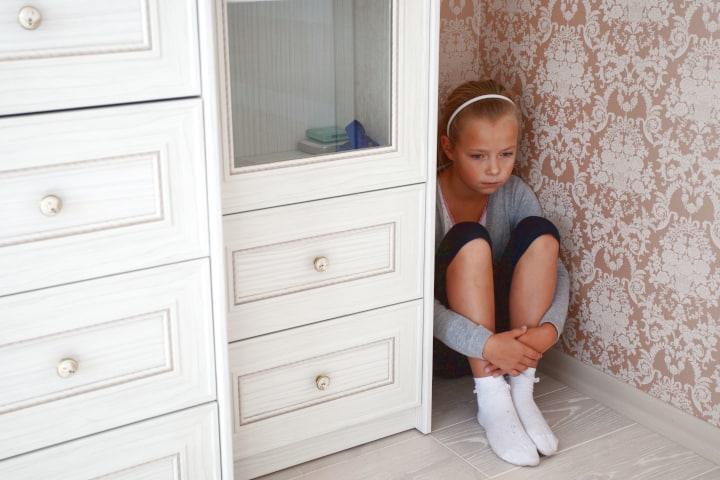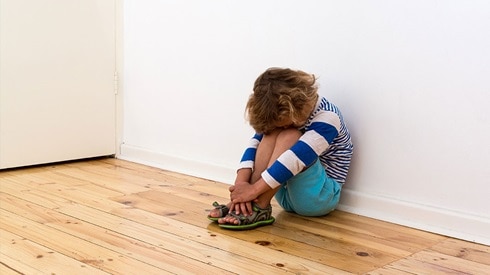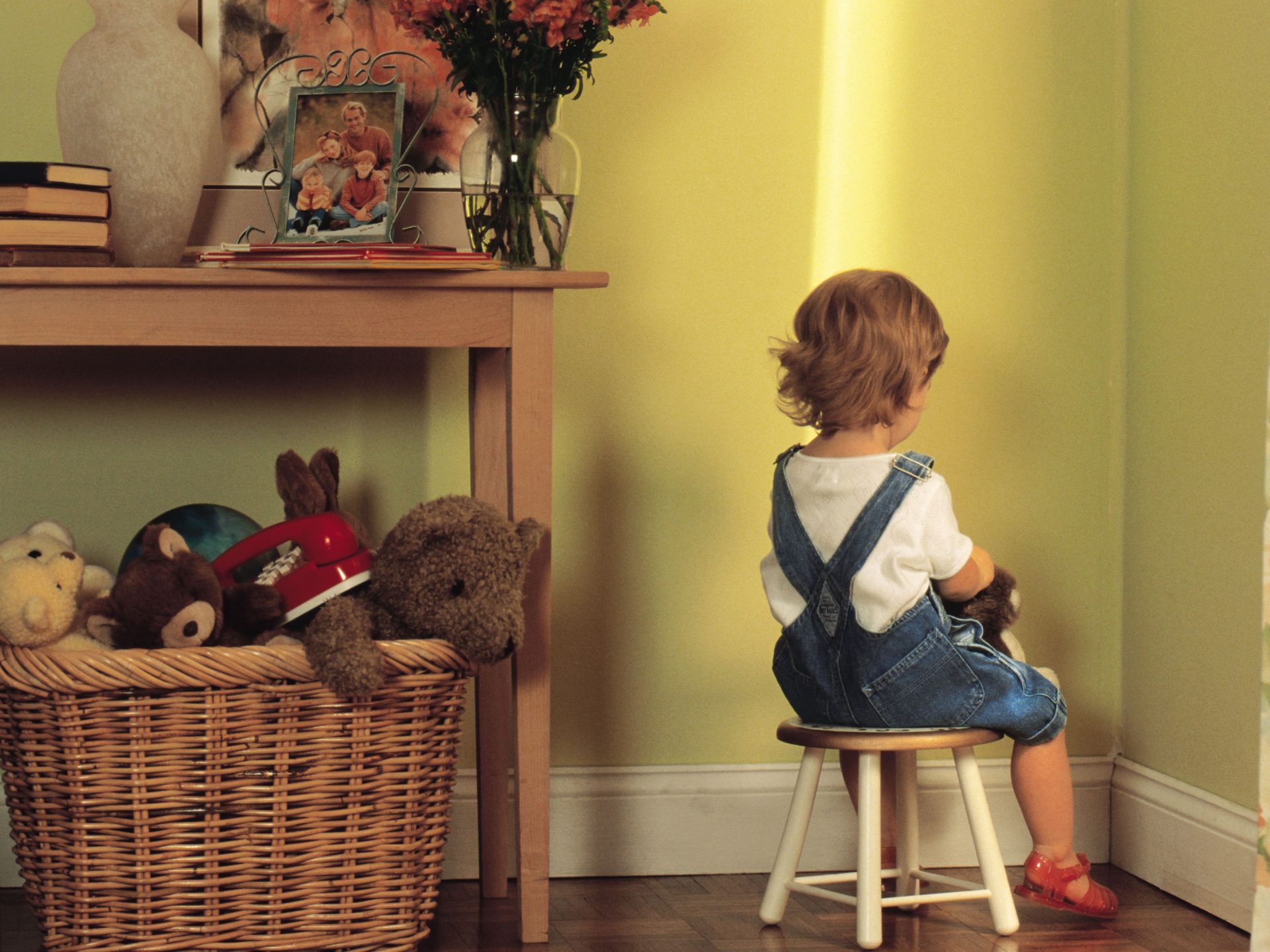For as long as most of us can remember, one of the most popular methods of disciplining has been the time out. On the surface level, it seems like it would be a good idea: the child sits on their own to reflect on what they have done.
Then, when the time is up, they will apologize and learn from the offense. However, just because it’s something that’s been done for years, that doesn’t mean that it is the right thing to do.

Instead Of Time Outs, Try Time Ins
In reality, a lot of the time, kids don’t sit nicely and think about what they’ve done and instead needed to be told several (or many) times to go back to their spot and stay quiet. They’re definitely not reflecting on why they are in the time out at all.
More likely than not, they’re probably just really angry, and so are you. In the end, the way things end is both of you end up wearing one another down, and everyone ends up in a mood. We all know, time out just don’t work. So why do so many people still rely on them?
You may have already heard of the concepts of attachment parenting, peaceful parenting, connective parenting, and gentle parenting. These are all quite similar, with the main goal of focusing on the relationship between parent and child through building of trust, empathy, and love.

Kids Should Be Allowed To Learn From Mistakes
Discipline, which is called guidance or correction, then follows, but first there must be a solid foundation of the relationship for the guidance to actually be effective.
Instead of issuing a time out, instead try something called a time in instead. A time in involves the parent and child staying close by to one another until a state of stability is reached. After that, the parent and child can discuss what happened and solve the problem together.
Then the child can make amends, and everyone can then move on, without any threats, violence, or ultimatums, which are ultimately just distractions and don’t teach the child what the right way to act would be in the first place.

Why Time Outs May Not Work Like You’d Think
The bottom line is that we should not be punishing children for acting like what they are: human. After all, this is the time for them to learn, and a great way to learn is through mistakes. Kids learn how to build their emotional and social skills by navigating through tough situations. Instead of disciplining for acting their age, we can use to opportunity to teach and guide them to a place of learning.
Although this method is more time consuming, it is ultimately more effective, by eliminating future micromanaging and doling out random punishments.








